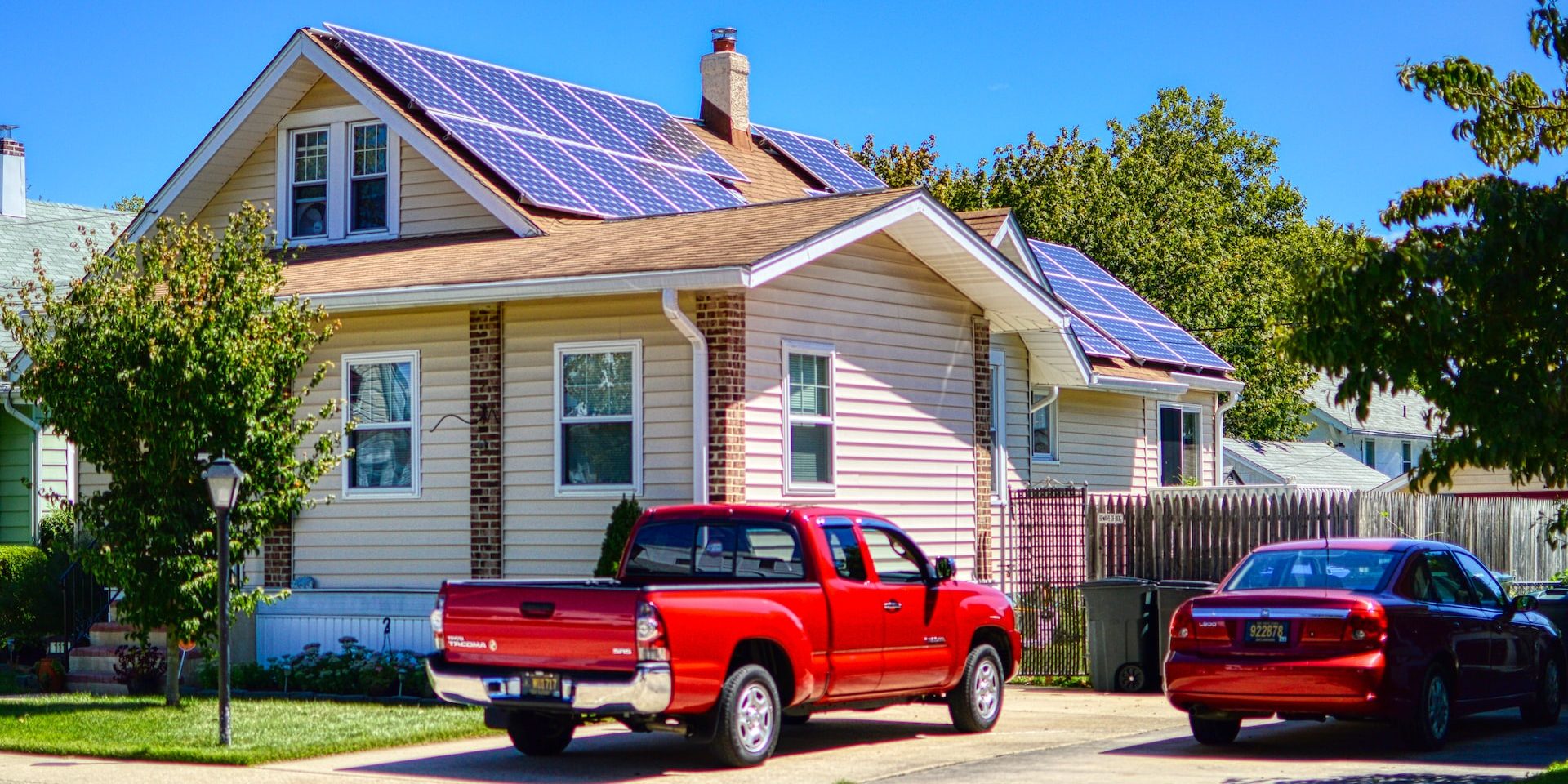With the rising cost of electricity and the increasing awareness of the environmental impact of traditional energy sources, more and more homeowners are considering solar panels for their homes. Solar panels offer a clean, renewable source of energy that can help offset the cost of your monthly utility bills. However, solar panels are not the right choice for every home.
There are a few things to consider before making the decision to install solar panels on your home.
1. The Amount of Sun Your Home Gets
The amount of sun your home gets is a key factor in determining if solar panels are the right choice for you. Solar panels require direct sunlight to generate electricity, and the more sun your home gets, the more energy you can produce. To get an idea of the amount of sunlight your house receives, you can use an online tool like the Solar Insolation Map from the National Renewable Energy Laboratory. This tool can provide you with an estimate of how much solar energy your home receives throughout the year.
2. The Orientation of Your Roof
The orientation of your roof is another important factor to consider when deciding whether or not to install solar panels. Solar panels should be installed on a south-facing roof that is free of shade to receive the maximum amount of sunlight. The roof should also have an angle that is between 30 and 45 degrees to maximise the efficiency of the system. If the roof is not oriented in the right direction or is too flat, it may not be suitable for solar panel installation.
3. The Size and Shape of Your Roof
The size and shape of your roof will also affect the feasibility of installing solar panels. Solar panels can be installed on any type of roof, as long as it is large enough to accommodate the number of panels you need. If your roof is too small or too oddly-shaped, you may need to consider other options, such as ground-mounted solar panels.
4. The Climate Where You Live
The climate where you live plays a major role in determining whether solar panels are the right choice for your home. Solar panels rely on direct sunlight to generate energy, so it’s important to consider how much sunlight your area receives on average. If your home is in an area with a lot of cloudy days, solar panels may not be the best option. On the other hand, if your area receives a lot of direct sunlight, solar panels could be a great investment. Additionally, you should consider the temperature of your area. If your area experiences extreme temperatures, solar panels may not perform as well as they would in a more moderate climate.
5. The Cost of Installation
The cost of installation is another important factor to consider when deciding whether or not to install solar panels on your home. Solar panel installation is a significant investment, and the costs can vary depending on the size of your home and the number of panels you plan to install. The cost of installation also includes the costs of obtaining the necessary permits and the cost of the solar panel system itself. Before making the decision to install solar panels, it’s important to weigh the cost of installation against the potential savings you could get from reduced energy bills.
Conclusion
Solar panels are an excellent choice for your home. They offer a viable long-term solution to reducing your energy costs and your carbon footprint. They are also a great investment and can increase the value of your home.
However, it is important to consider all the factors involved when making the decision to install solar panels, such as the size of your roof, the amount of sunlight you get, and the cost of installation and maintenance. With the right information and research, you can make an informed decision on whether solar panels are the right choice for your home.
Are you in need of professional electrical services? European Painting & Electrical Services offers expertise like no other. With us, you are guaranteed high-quality standards. Contact our team today!







